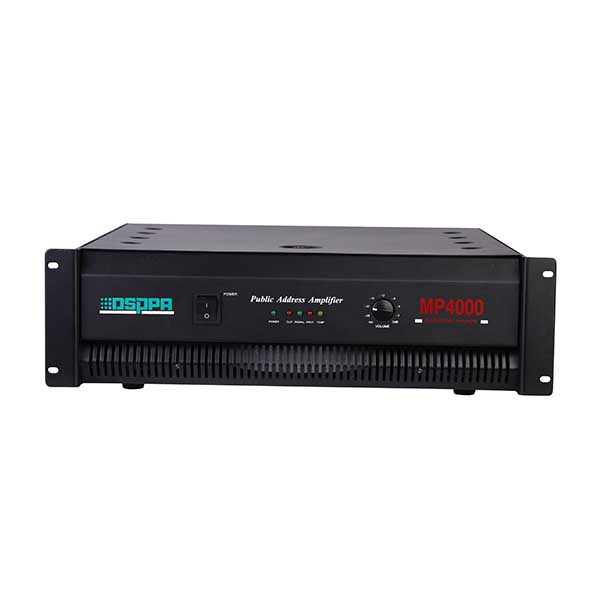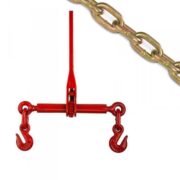Accuracy in facility compliance applications is critical, especially in the healthcare industry where stringent regulations govern operations. Using healthcare compliance software can streamline the process, ensuring documentation is up-to-date, accessible, and secure. This article will explore best practices for maintaining accuracy in your facility compliance application with a focus on the benefits of healthcare compliance software.
Benefits of Healthcare Compliance Software
Automating Documentation
Healthcare compliance software automates the process of managing compliance documents, reducing the administrative burden and minimizing the risk of errors. Automation ensures that documents are updated in real-time, reflecting the latest compliance standards and regulatory changes.
Secure and Accessible Storage
Storing compliance documents in the cloud ensures they are always available, secure, and backed up. This eliminates the risk of loss, damage, or misplacement associated with physical documents. Moreover, mobile access allows staff to retrieve necessary documents anytime, anywhere.
Key Features for Ensuring Accuracy
User-Friendly Interface
A user-friendly interface is crucial for the effective use of healthcare compliance software. It allows staff to quickly access and update compliance documents through mobile devices, making the process intuitive and efficient. Easy navigation and search functions help in finding critical information swiftly during audits or emergencies.
Instant Access and Sharing
The ability to access and share compliance documents instantly is vital during surveys or emergency incidents. Healthcare compliance software should enable quick retrieval of critical life safety or emergency management information, ensuring that facility teams are always prepared and can respond promptly.
Centralized Action Plans
Hospitals are required to have action plans for all emergencies. Centralizing these plans in healthcare compliance software ensures they are organized under the appropriate compliance codes, simplifying regular emergency preparedness activities and making surveys more efficient.
Automated Logs and Maintenance
Automated inspection logs and preventive maintenance schedules are essential for maintaining compliance. Healthcare compliance software can track and record these activities automatically, reducing manual entry errors and ensuring that all required inspections and maintenance tasks are documented.
Ensuring Continuous Compliance
Real-Time Updates
Healthcare facilities are dynamic environments with constant changes. Real-time updates in healthcare compliance software ensure that building and equipment changes are immediately reflected in the compliance documentation, avoiding discrepancies and outdated information.
Secure Data Management
Ensuring the security of compliance data is paramount. Healthcare compliance software should employ advanced security measures to protect sensitive information from malware, viruses, and unauthorized access. Regular backups and secure cloud storage are essential features.
Enhancing Productivity and Minimizing Errors
Minimizing Manual Errors
Manual handling of compliance documents is prone to errors. By automating the process, healthcare compliance software reduces the likelihood of mistakes, improving the overall accuracy and reliability of compliance documentation.
Streamlining Workflows
Streamlining workflows through healthcare compliance software allows facility teams to focus on critical tasks without being bogged down by administrative work. This improves productivity and ensures that compliance activities are conducted efficiently and effectively.
Additional Tips for Maximizing Compliance Accuracy
Regular Training and Updates
To maximize the effectiveness of healthcare compliance software, it is crucial to provide regular training for staff. Ensuring that all users are proficient with the software and aware of any updates or new features will help maintain high standards of accuracy and efficiency.
Periodic Audits and Reviews
Conducting periodic internal audits and reviews of compliance documentation can help identify any gaps or discrepancies. Use healthcare compliance software to facilitate these audits, ensuring that all documents are up-to-date and in line with current regulations.
Leveraging AI and Analytics
Modern healthcare compliance software often includes AI and analytics capabilities. These tools can provide insights into compliance trends, highlight areas of concern, and suggest improvements, helping facilities stay ahead of regulatory changes.
Customizable Reporting
Customizable reporting features in healthcare compliance software can provide tailored reports that meet the specific needs of your facility. This enables quick generation of detailed compliance reports for internal reviews or external audits, ensuring all required information is readily available.
Collaboration and Communication
Enhance collaboration and communication among your facility team by using healthcare compliance software. The software should enable easy sharing of documents and action plans, fostering a collaborative environment where everyone is informed and aligned with compliance objectives.
Future Trends in Healthcare Compliance Software
Integration with IoT Devices
The integration of Internet of Things (IoT) devices with healthcare compliance software is an emerging trend. IoT devices can provide real-time data on equipment performance and environmental conditions, automatically updating compliance documentation and alerting staff to potential issues.
Enhanced Mobile Capabilities
As mobile technology continues to advance, healthcare compliance software will offer enhanced mobile capabilities. This includes improved user interfaces, offline access, and more robust features that allow staff to manage compliance tasks on-the-go.
Blockchain for Data Security
Blockchain technology is being explored for its potential to enhance data security in healthcare compliance software. By providing a tamper-proof record of compliance activities, blockchain can ensure the integrity and authenticity of compliance documentation.
Conclusion
Ensuring accuracy in your facility compliance application is essential for maintaining regulatory compliance and operational efficiency. Healthcare compliance software provides the tools and features necessary to automate documentation, ensure secure storage, enable instant access, and minimize errors. By leveraging these technologies, healthcare facilities can maintain up-to-date compliance documentation, improve productivity, and enhance overall safety and preparedness.










